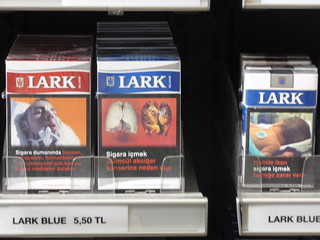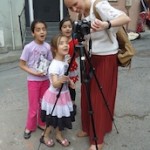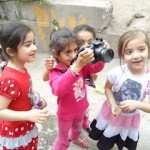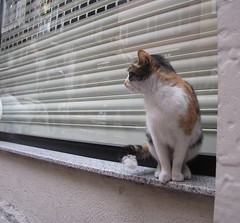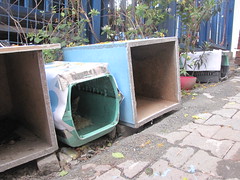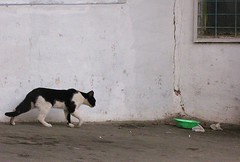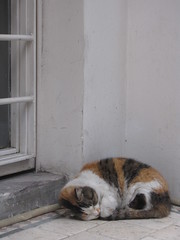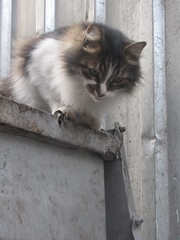Card games are a universal way to show off talent, learn a new skill or just blow off steam after a hard time at work. And the day we went to the Grand Bazaar, we saw just that: four men, however, instead of of poker or Go Fish, the game of choice for the men was ellibir, or “51.” Many also know it by the name “Okey,” or American Rummy.

Like everything, there are different ways to play the game; the Turkish version usually involves tiles, but that day, the men were doling out cards. Since there were four men, each started with seven cards, and drew more once the game was underway.
The general object of the game is to be the first to get rid of all your cards. You do that by getting rid of a card when you have a “meld.” Melds are created either by getting three or more cards of the same rank (a “set”), or getting three or more consecutive cards in the same suit (a “run”). Players can only form melds during their turn.
Okey players, when they play competitively, get penalty points for things such as 10 penalty points for a stalemate, or opponents receiving 40 penalty points when a player gets seven meld pairs.
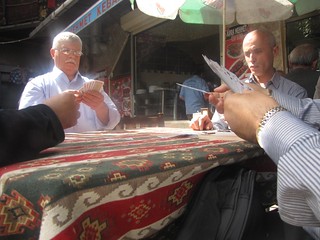
Watching the men play definitely didn’t turn me into a ellibar star in 10 minutes. However, it did remind me that despite cultural differences, we’re not that different from one another. After all, we all need to find some way to pass the lunch hour somehow.


